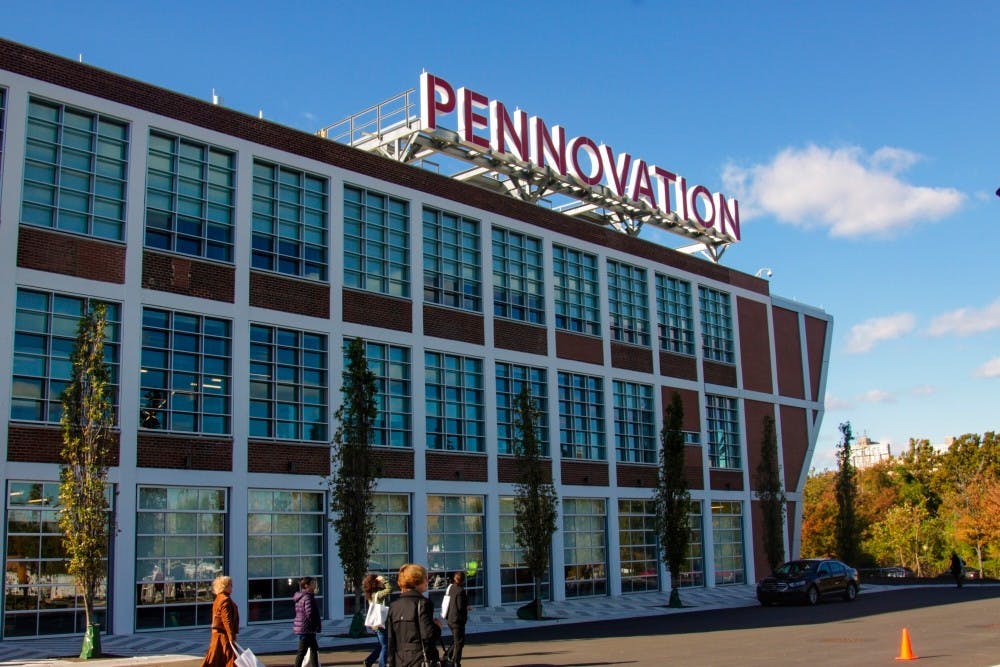Penn was ranked No. 4 in the Reuters 2019 World’s Most Innovative Universities list, holding the spot for the third consecutive year.
Leading the ranking were Stanford University, Massachusetts Institute of Technology, and Harvard University, which took the top three spots respectively. Following Penn were the University of Washington in fifth place and the University of North Carolina Chapel Hill in sixth place.
The Reuters ranking emphasizes which universities are leading innovators in science, technology, and industry. A key measure of a school’s influence is how many of its innovations are cited by other academic researchers and within private industry, Reuters reported.
Reuters reported that universities were selected from a pool of 600 institutions that published the greatest number of articles in scholarly journals from 2012-2017. The list was then narrowed to institutions that had filed 70 or more world patents in that time period. Within this pool, each university was ranked with a composite score for 10 indicators. These included the total number of patents filed by a university, the ratio of patent applications to grants, the percentage of patents filed globally, and various factors estimating the number of times a university's patents were cited by other patents and the impact of the citations.
Other factors considered in the ranking included the total number of academic papers published by a university, the number of times these articles were cited in patents and in industry, and the percentage of articles from a university that contained one or more co-authors from a commercial entity.
Penn received the fourth-highest “Commercial Impact Score” of 58.5, which measures citations of academic papers in patent filings as an indicator of how research influences industry. However, the University ranked lower in other categories. Overall, the University filed 602 total patents, 30.9 percent of which subsequently becoming grants.
Out of all of the patents filed at Penn from 2012 to 2017, 35.9 percent were in the pharmaceuticals and biotech industries, while 30.3 percent were in the agriculture, forestry and food industries. Other industries where Penn filed patents included medical devices and healthcare, chemicals, and computer software and internet.
Ranking No. 2 among Ivy League schools behind Harvard, Penn was followed by Cornell University at No. 9, Yale University at No. 20, Columbia University at No. 28, and Princeton University at No. 65. Brown University and Dartmouth College were not ranked in the top 100 on Reuters' ranking.









